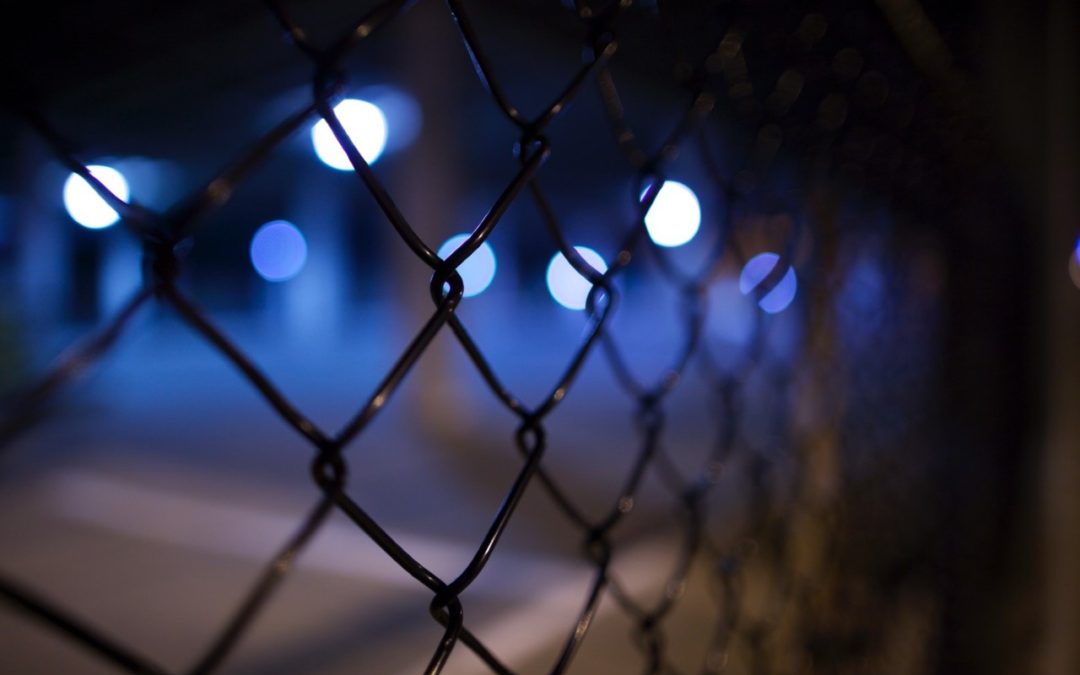Legal Custody: The right to make major decisions affecting a child under the age of 18.
Physical Custody: The actual physical care and control of a child under the age of 18.
Chattel: Movable personal property that can be either animate or inanimate, such as hogs, furniture, and automobiles. Chattel comes from the French word “chatel,” which comes from the Latin word “capitale.”
This blog is written in honor of all children and to highlight the fact that April is National Childhood Abuse Prevention Month
Despite the collective view in law and social practice that it is intrinsically taboo to consider human beings as chattel, the law persists in treating children as property. I’m struck by this reality every time I draft a divorce agreement in which a couple is altering their relationship from that of spouses to that of one as co-parents. Talking about “who shall have custody” in reference to their children, always seems to me to be anathema to the rebuilding of a restructured family.
I prefer the language of parental “responsibility” over that of parental “custody”, as in “residential responsibility” and “decision-making responsibility” in lieu of “physical custody” and “legal custody”; a couple of years ago the Massachusetts Bar Association tried to effect legislative change to implement that terminology change, but it was not able to garner enough support to pass the legislation. In any event both in conversations with parents and in agreements I draft, I continue to use the language I prefer as it seems to me that it is both more descriptive of the parental tasks and more respectful of children.
In this blogpost in addition to talking about the impact of the word custody, and since April is National Child Abuse Prevention Month, we want to use our platform to speak out not only about historical misrepresentation and dehumanization of children in the divorce process, but also to draw our readers’ attention to ongoing human rights abuses in the world around us today. Specifically, we want to talk about the United States sanctioned facilities that are overcrowded with unaccompanied, vulnerable children, who are suffering untold and underreported abuses. This article from June of 2019 shows how many ICE-facilities are in each of our United States — demonstrating an active presence around our nation and documenting the fact that the facilities are not just operating nebulously from ‘the Southern Border’.
As humans we are prone to desensitization through exposure to violent and troubling facts: reports of caged children, like stories about gun fatalities and warzones, instill a sense of futility and inevitability in mainstream America which we must struggle to overcome.
However, we don’t have to stand idly by while children are being treated like livestock, through systemic abuses maintained through government bureaucracy and intractable complexities which result in children being victimized through no fault of their own; we can take action. Instead of turning away from harsh news, we can choose to be impacted.
Last month, there was an announcement and then a retraction of news about opening another facility for the sheltering of unaccompanied children, in the heart of Silicon Valley. Although facilities like those just described are often referred to as part of a ‘border crisis’, in reality children are being held in facilities in every state of this union.
Mainstream cultural forces can cause people to see other factions of Americans as enemies, thereby taking advantage of their vulnerability, despair and confusion. However, we could work together to recognize that a better world for everyone is indeed possible, one in which we live with less human suffering, if we stand up and advocate for it. If you are dismayed and upset by these conditions and hard truths, we urge you to become involved with local, national, and international organizations that work to stop the abuse of children.
We have identified the Peace-Justice Center as doing good work, and hope that if you want to support or become involved with them you will.
This blogpost was written in collaboration with my son Adam Singer, who is a writer with a curious mind, and a great interest in human rights.

